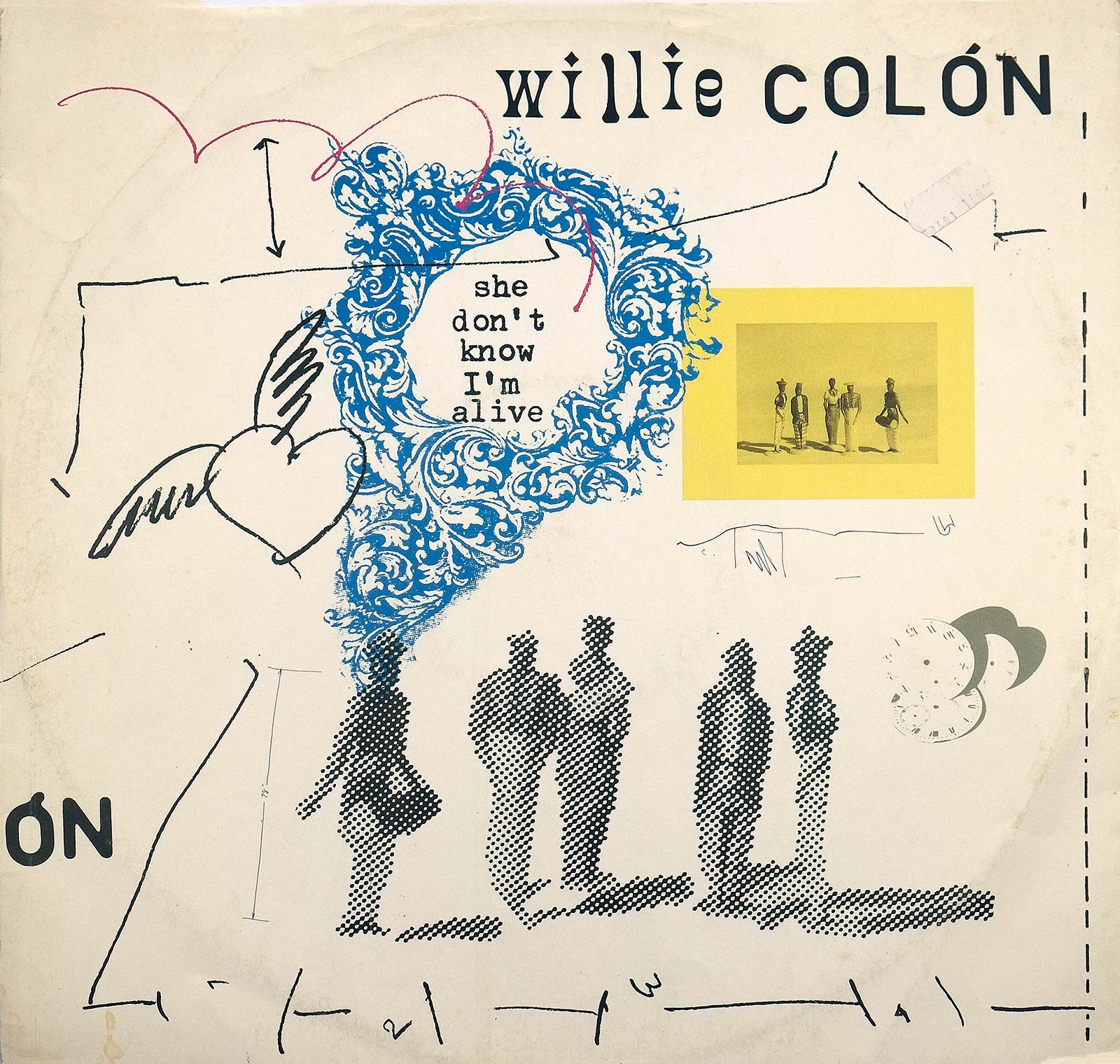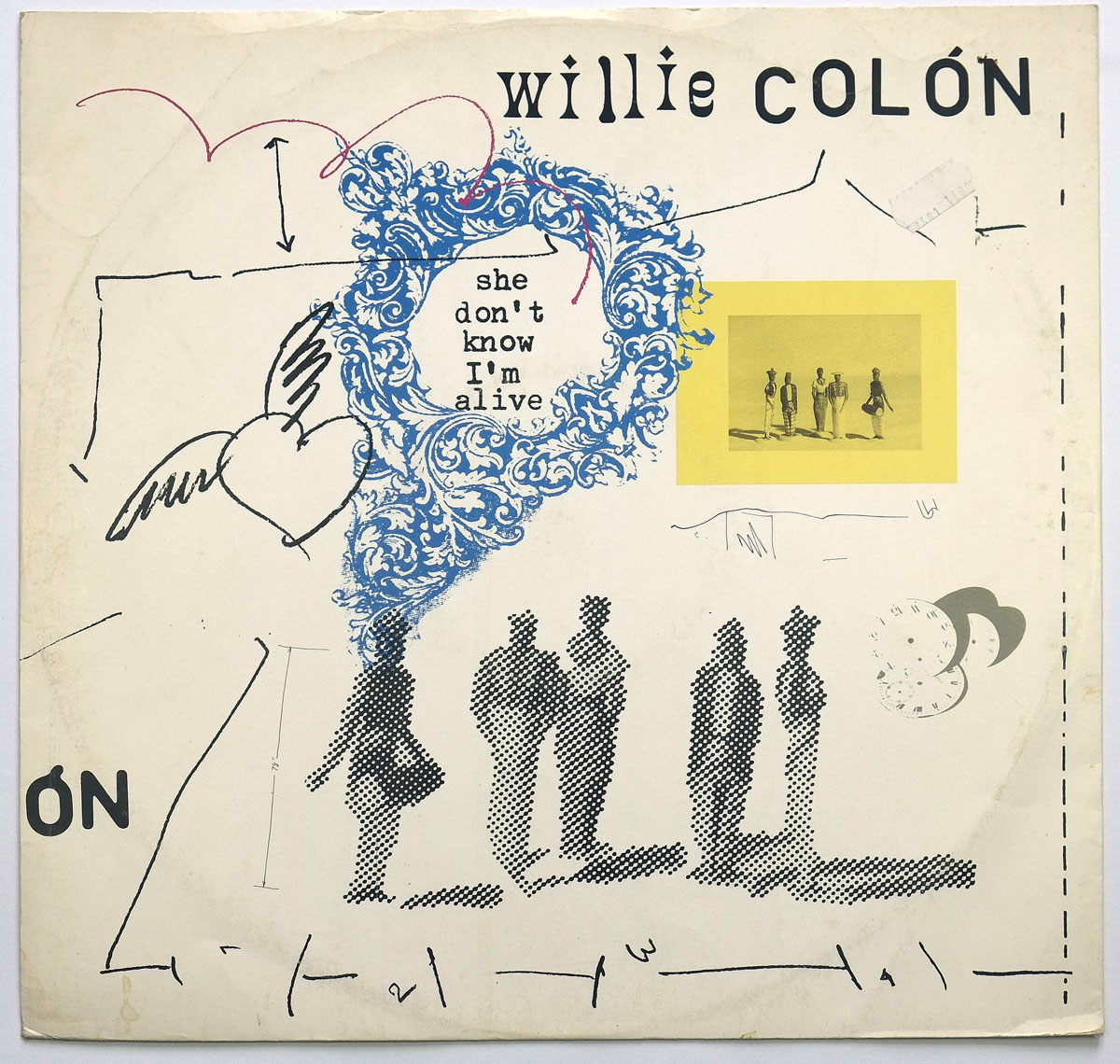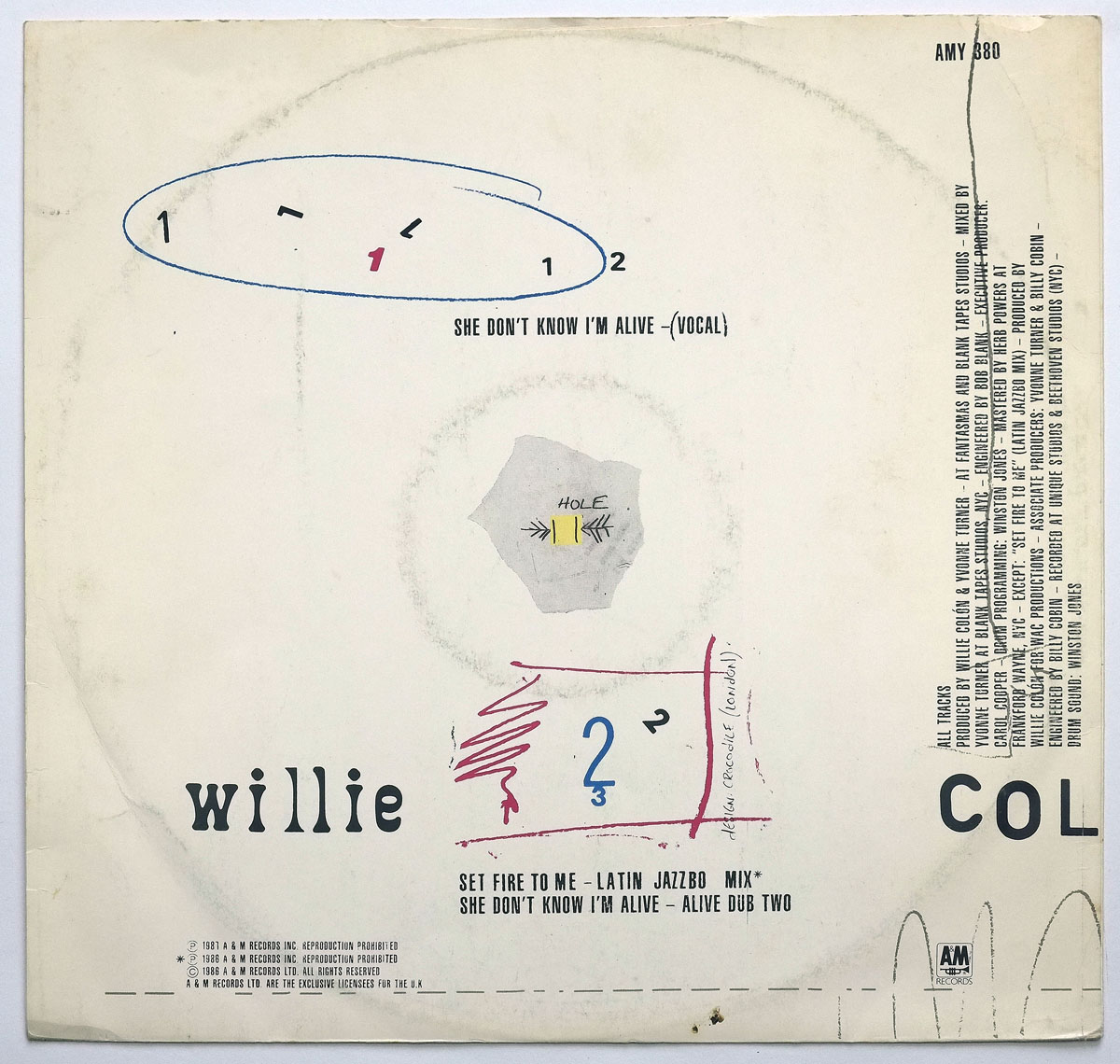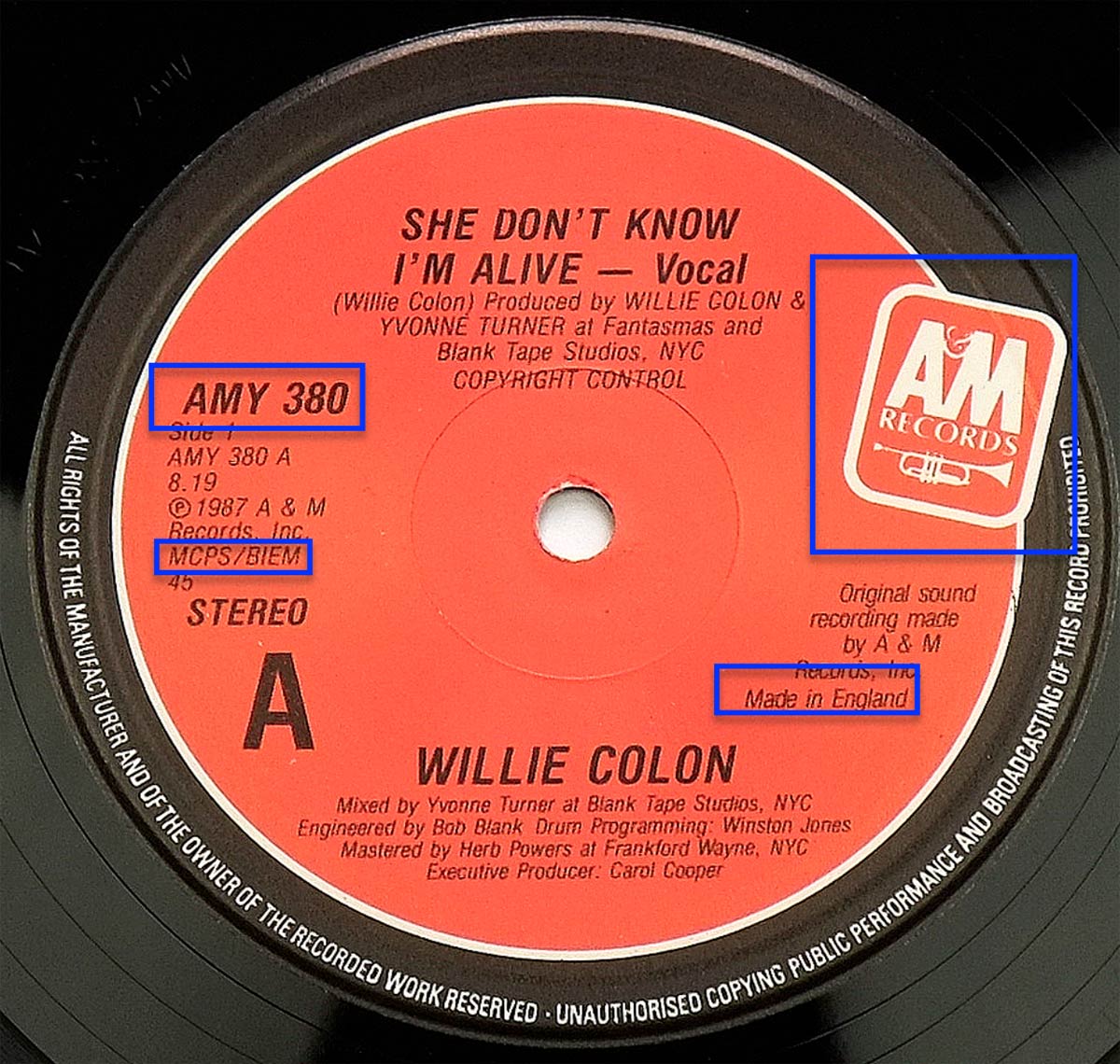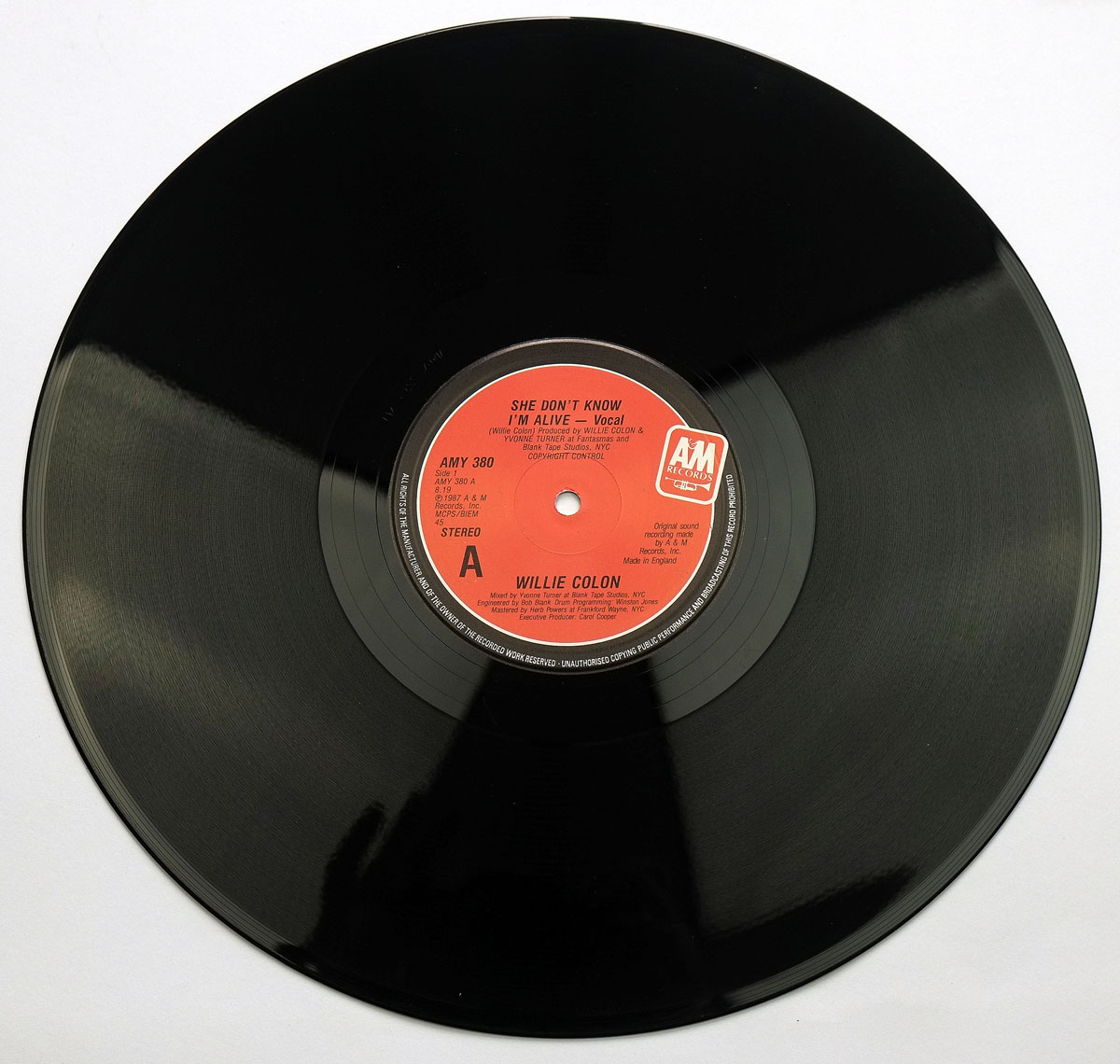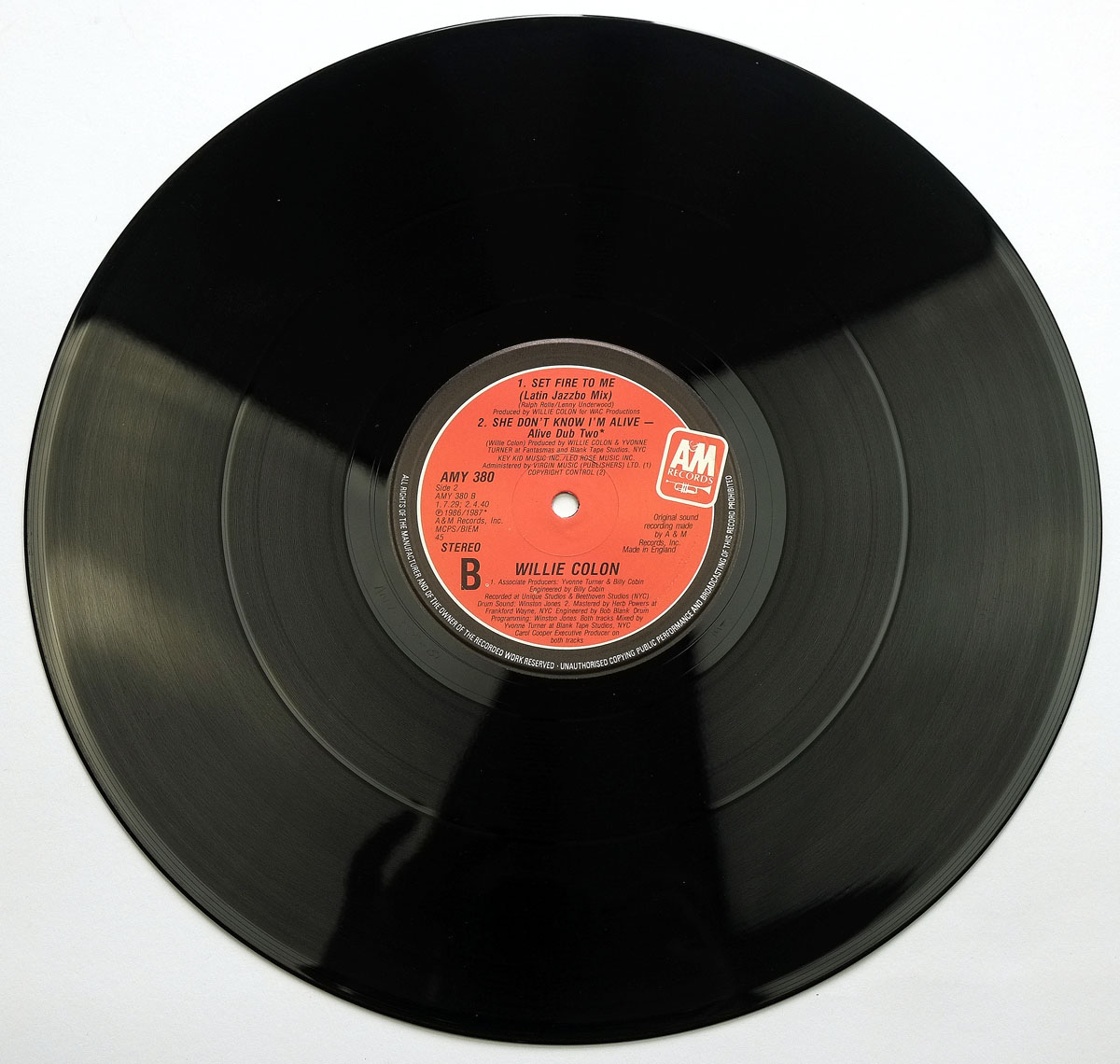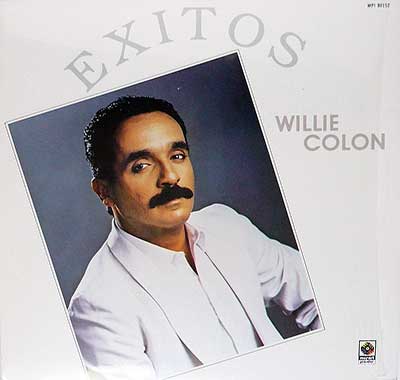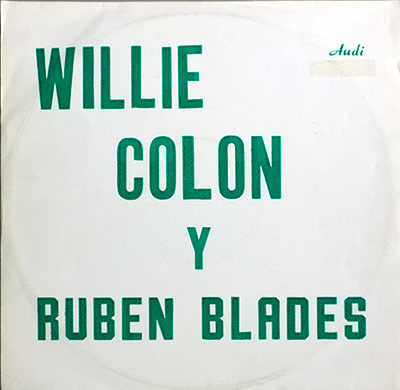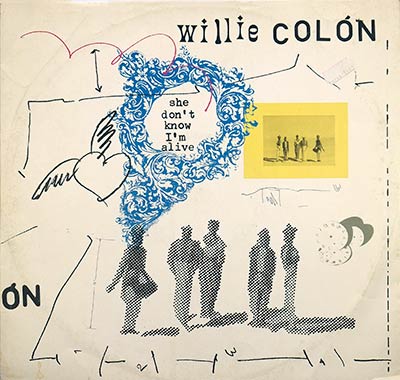Willie Colon is a Puerto Rican-American musician, composer, and producer known for his contributions to salsa music. Born on April 28, 1950, in the South Bronx, New York City, Colon is one of the most influential figures in the history of Latin music, and his legacy continues to inspire generations of musicians.
Colon's career began in the 1960s when he was just a teenager. He played trombone in several Latin bands, including the Joe Cuba Sextet, before forming his own band with the singer Hector Lavoe. Together, they created some of the most iconic salsa music of the 1970s, including hits like "El Malo," "Che Che Colé," and "La Murga."
Colon's music is known for its powerful brass arrangements, sophisticated percussion, and social and political commentary. His songs often address issues affecting the Latin community, such as poverty, racism, and immigration, and have become anthems for the Latin American diaspora.
One of Colon's most significant contributions to Latin music was his fusion of salsa with other musical genres. In the 1970s, he collaborated with jazz musicians such as Miles Davis and Herbie Hancock, creating a unique blend of Latin rhythms and jazz harmonies. He also experimented with rock music, incorporating electric guitars and synthesizers into his compositions.
Colon's influence extends beyond his music. He was an outspoken activist for the Latin American community and used his platform to raise awareness of social and political issues affecting the diaspora. He was a vocal supporter of Puerto Rican independence and was involved in the struggle for civil rights for Latin Americans in the United States.
Despite his success, Colon faced many challenges throughout his career. He struggled with addiction and spent time in prison for drug-related offenses. However, he overcame these obstacles and continued to create music that resonated with audiences around the world.
Today, Colon's legacy continues to inspire a new generation of Latin musicians. His music has been sampled by hip-hop artists such as Nas and Jay-Z, and his influence can be heard in the music of contemporary salsa and Latin jazz musicians.
